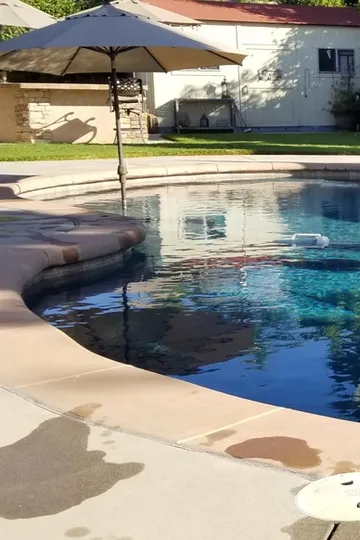Putting in a pool may require you to upgrade your electrical system. Most new homes already have a 200-amp electrical panel, but if your home is a little older, you could have a smaller, 100-amp panel. Only a licensed electrician will be able to tell you for certain if you need an upgrade, but here’s a quick way you can check:
- Open your panel and check the number of spaces available (where there is no breaker).
- If there are a few spaces available, your panel can likely handle a pool pump.
- If there are no spaces available, you may not necessarily need a complete panel or service upgrade, but a licensed electrician may be able to offer a few other options.
Additional pool-related equipment like heaters, lights, and even hot tubs will place a higher demand on the electrical system.
